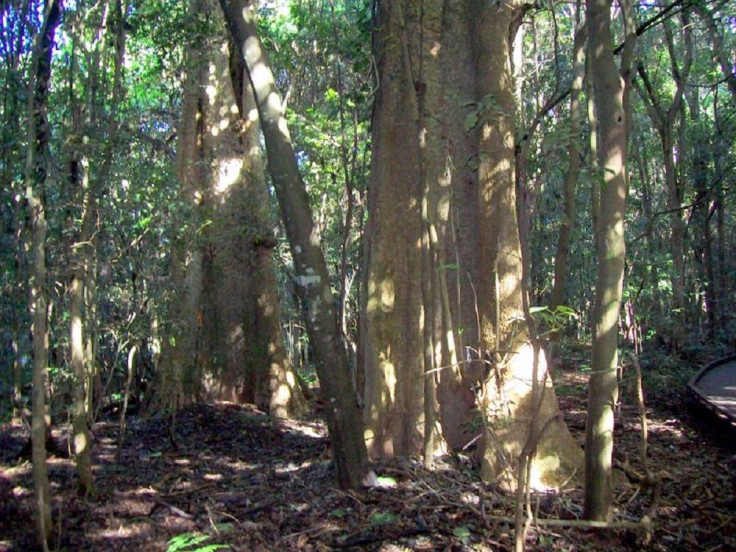Venomous Tree? This Australian Tree Has Spider Venom-Like Toxins
KEY POINTS
- The toxins of the tree cause excruciating, long-lasting pain
- Researchers found a new class of toxins likely responsible for the pain
- They are similar to spider and cone snail venom
How painful can a tree sting be? A team of researchers found that the toxins in a giant Australian tree are similar to the venom of spiders and cone snails.
Australia is known for hosting some of the world's most dangerous animal species, from the Portuguese man-of-war to the notorious Sydney funnel-web spider. The country also hosts some venomous plants, including a stinging tree that is said to the most painful plant in Australia.
Called the Gympie-Gympie stinging tree or the "suicide plant", it has fine, fuzzy needle-like appendages called trichomes that can cause extreme and long-lasting pain even with just a gentle touch. Those who have experienced the touch of the tree have compared the pain to being electrocuted and being burned by acid at the same time, Discovery reported.
Scientists say some of the pain can be attributed to the small molecule neurotransmitters in the trichomes but they cannot account for the severe pain observed in patients. This suggests there is some other unknown neurotoxin that is responsible for the excruciating pain and researchers may have just found it.
In a new study published in Science Advances, researchers describe a new class of neurotoxins they've now identified as gympietides, named after the tree. Interestingly, these neurotoxins are said to be comparable to the venom of spiders and cone snails, which can cause human deaths.
"Although they come from a plant, the gympietides are similar to spider and cone snail toxins in the way they fold into their 3D molecular structures and target the same pain receptors — this arguably makes the Gympie-Gympie tree a truly 'venomous' plant," study co-author Professor Irina Vetter of the University of Queensland said in a news release.
According to the researchers, the discovery is an "intriguing" example of convergent evolution in the plant and animal kingdom. Convergent evolution is the process by which unrelated species evolve similar adaptations, perhaps to a similar environment.
Just like how the proteins in cone snail venom have some properties that can be used for diabetes treatment and to develop pain-killing drugs, the researchers are studying gympietides to develop new pain-killing medications or treatments for those stung by the plant.

© Copyright IBTimes 2025. All rights reserved.






















